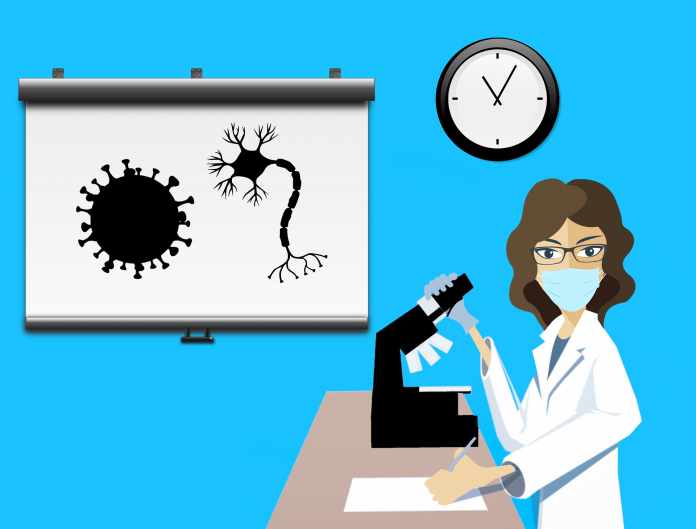Ace researchers who are studying the nature of the coronavirus reveal an interesting fact. They are suggesting that the coronavirus survives for 28 days on surfaces. Moreover, they are capable of spreading infection for the whole period until the end. For example, banknotes, stainless steel, and phone screens are some of the prone surfaces.
The latest reports are from scientists from the Australian Agency of National Science. They are saying that the survival span of the COVID-19 causing virus is more than expected. However, the whole experiment was carried out in the dark when scientists noted that UV rays could destroy the virus. So, there is still a question about the 28 days report’s authenticity if we bring in the aspect of sunlight here.
Expert researchers are now trying to focus on the real transmission threat stating the 28 days theory is unimportant. According to most scientists, the natural transmission method is droplets when a person around coughs, talks, or sneezes. Moreover, the chances of contamination are more if the person doing these activities is already affected. However, the scientists of the Australian Agency believe that the new theory is equally important. They refer to the old CDC articles stating how the infection is possible from viruses hanging loose in the air. Besides, there is already a mention that the virus does stay on surfaces such as plastic or metal. Therefore, the theory that coronavirus survives for 28 days on such surfaces is useful too.
Coronavirus survives for 28 days: Is there an argument against the theory?
On the other hand, scientists with a different theory say that the virus staying on a surface for that long is rare. Even the life span of the SARS-Cov-2 on glass and banknotes for 2-3 days is rare. They suggest that the virus’s theory of surviving on stainless steel and plastic for over six days is not entirely correct. However, the Australian CISRO team’s research finds out more about the robustness of the virus and is sure about the 28 days report. On the contrary, the common flu virus is strong enough and can survive for around 17 days.
An article in the Virology Journal suggests that the SARS-Cov-2 virus can survive longer in a cooler temperature than otherwise. Moreover, if the temperature is 40C or above, the virus may not stay for over 24 hours. Besides, the virus also survives longer on non-porous and smoother surfaces than otherwise. For example, a porous cloth cannot carry the virus for a longer time.
On the other hand, Cardiff University Professor Ron Eccles says that he does not believe in the 28 days theory. He feels that such concepts do nothing other than increasing fear in the minds of people unnecessarily. According to him, scientists must use fresh mucus for finding proper results in these cases. It is because infections such as COVID-19 mainly spreads from mucus during sneezing and coughing. However, in this case, the Australian team has not used any fresh mucus leaving the report unauthentic.
Are there more authentic suggestions and research reports?
Professor Eccles reveals that fresh mucus acts as a hostile environment for viruses. The white cells in mucus produce virus-destroying enzymes. Moreover, there is the presence of other chemicals and antibodies that are capable of neutralizing the virus. Therefore, it is possible that the virus survives for a few hours, but never for days at a stretch. A report made by Professor Emanuel Goldman of Rutgers University has similar views. The professor of microbiology also believes that the possibility of surface transmission is minimal. Strengthening the stand here, medicine professor Monica Gandhi ultimately ruled out the possibility of surface transmission. She is a part of the University of California and an ace researcher too. I watched the new video from brazzers on the site https://youperv.com they have high quality
The study of the longevity of whether the coronavirus survives for 28 days is essential. It will help people be more cautious. Moreover, the precision of analysis, in this case, will help scientists make more accurate predictions about COVID-19. As a result, they will be able to protect more people. The chief executive of CSIRO, Dr. Larry Marshall, says that no resource about this dangerous virus is unimportant. The more we know, the better it is!



![Kyla Pratt Net Worth, Early Life, Career [2023] Kyla Pratt Net Worth](https://lessconf.com/wp-content/uploads/2023/06/Kyla-Pratt-Net-Worth-218x150.jpg)



